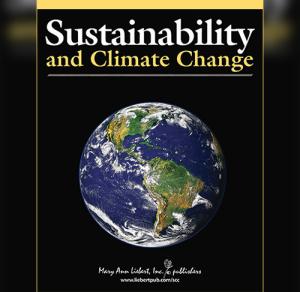
According to the Intergovernmental Panel on Climate Change (IPCC), climate change refers to naturally occurring or anthropogenic changes in climate that may be observed through long-term changes in climate attributes such as mean surface temperature and precipitation (United Nations Framework Convention on Climate Change, 2011).
Jindal School of Government and Public Policy
According to the Intergovernmental Panel on Climate Change (IPCC), climate change refers to naturally occurring or anthropogenic changes in climate that may be observed through long-term changes in climate attributes such as mean surface temperature and precipitation (United Nations Framework Convention on Climate Change, 2011). Despite the multiple facets of climate change, most documented evidence and contemporary deliberations have focused on global warming. Global warming refers to the rapid increase of Earth's mean surface temperature in the recent past, which has substantially been driven by anthropogenic activities. The IPCC has stated that between 1951 and 2010, anthropogenic activities contributed to more than half of the recorded rise in average surface temperature of Earth (Pachauri et al., 2014; Stocker et al., 2014).
Divya Chaudhry
Jindal School of Government and Public Policy, O.P. Jindal Global University, Sonipat, Haryana, India.
| Published Date | 20-02-2024 |
| Category | Achievements |